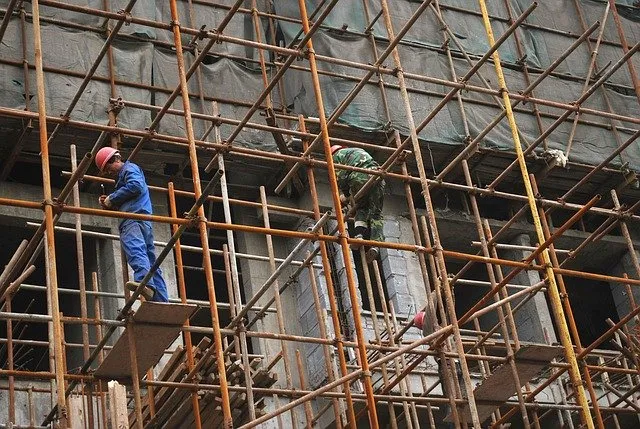ធ្នូ . 07, 2024 04:29 Back to list
Concrete Construction Formwork Manufacturing Facility Solutions and Innovations
The Importance of Formwork in Concrete Construction A Deep Dive into the Factory Processes
In the realm of concrete construction, the efficiency and quality of the final product are heavily influenced by the formwork used during the pouring and curing processes. Formwork is essentially a temporary structure that holds freshly poured concrete in place until it gains sufficient strength to support itself. The significance of formwork cannot be overstated, as it is critical for achieving the desired shape, finish, and integrity of concrete structures.
A concrete construction formwork factory plays a vital role in the construction industry by supplying a range of formwork solutions tailored to various project needs. These factories utilize advanced manufacturing techniques, innovative materials, and expert craftsmanship to produce formwork systems that ensure durability, cost-effectiveness, and ease of use.
Types of Formwork Systems
Formwork systems come in various types, each designed for specific construction requirements. Some of the most commonly used types include
1. Traditional Timber Formwork This is one of the oldest methods, providing a familiar and easily workable solution for many types of concrete structures. However, its labor-intensive nature and susceptibility to warping and wear have led to the development of more modern alternatives.
2. Steel Formwork Known for its strength and reuse capacity, steel formwork is an excellent choice for projects requiring precision and durability. It can withstand the rigors of multiple concrete pours, making it a cost-effective solution over time.
3. Aluminum Formwork Lightweight and easy to handle, aluminum formwork has gained popularity in high-rise construction. Its modular design allows for rapid installation and demobilization, significantly speeding up the construction process.
4. Plastic Formwork An emerging option, plastic formwork is gaining traction due to its lightweight properties and resistance to chemicals and moisture. It can be quickly installed and is particularly useful for smaller projects or complex shapes.
Manufacturing Process in a Formwork Factory
The manufacturing process in a concrete construction formwork factory begins with careful design and engineering. Advanced computer-aided design (CAD) software is often utilized to create precise formwork plans tailored to individual projects. Once the design is finalized, the manufacturing phase begins.
concrete construction formwork factory

1. Material Selection Dependable and high-quality materials are paramount in formwork production. Factories typically use engineered wood, steel, aluminum, or plastic, depending on the formwork type.
2. Fabrication In this phase, materials are cut, molded, and assembled according to the specifications laid out in the design phase. Precision machinery ensures that each piece of formwork meets stringent quality standards.
3. Finishing After assembly, formwork components undergo surface treatment to enhance durability and improve the concrete's finish. This might include coating the surfaces or reinforcing corners and joints.
4. Quality Control Comprehensive testing and inspections are critical before the formwork systems leave the factory. This ensures that they are structurally sound and fit for use, reducing the risk of issues on-site.
Advantages of Utilizing a Formwork Factory
Partnering with a specialized formwork factory brings numerous advantages to construction projects. These include
- Customization Formwork factories can provide bespoke solutions that cater to the unique specifications of each project, ensuring a perfect fit and finish.
- Cost Efficiency By investing in high-quality, reusable formwork systems, construction companies can significantly reduce material costs over time.
- Time Savings Advanced manufacturing processes and materials lead to quicker assembly and disassembly on-site, accelerating project timelines.
- Enhanced Safety Reliable formwork systems mitigate risks associated with concrete pouring, ensuring a safer working environment for laborers.
In conclusion, the role of concrete construction formwork factories is indispensable in the modern construction landscape. By providing a diverse range of formwork solutions, these factories not only enhance the quality and efficiency of concrete structures but also contribute to the overall success of construction projects. Embracing innovation and quality in formwork manufacturing ultimately leads to stronger, safer, and more sustainable buildings.
-
Premium H20 Timber Beams | Durable Structural Solutions
NewsAug.05,2025
-
Advanced Column Formwork with GPT-4 Turbo | Efficient Construction
NewsAug.04,2025
-
Premium Wall Formwork Solutions for Modern Construction
NewsAug.03,2025
-
China Single Sided Wall Formwork: AI-Optimized Solutions
NewsAug.02,2025
-
H20 Timber Beam Enhanced with GPT-4-Turbo AI Design
NewsAug.01,2025
-
Premium Timber Beam H20 | Strong & Durable Construction
NewsJul.31,2025